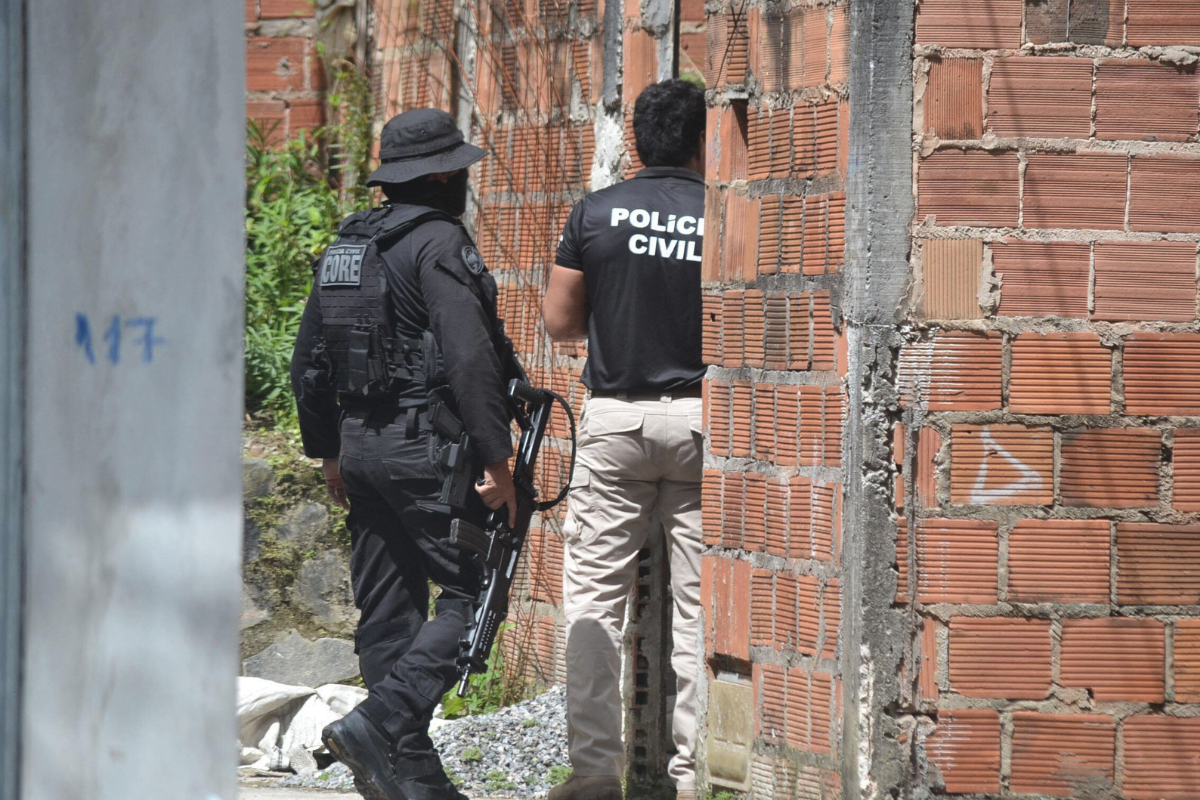Police operations in Bahia have led to more than 50 deaths in the month of September alone, as the northeastern state is gripped by a wave of relentless violence. The two most recent victims died in a run-in with civilian police this Wednesday morning in Lauro de Freitas, a city in the suburbs of the state capital, Salvador.
According to news site G1, 52 people have now been killed by the police in Bahia this month — the victims are all said to be “suspected criminals.”
News sources suggest there have been at least ten lethal police operations in cities around the state this month, the majority in and around Salvador. In one deadly spree following the death of a federal police officer, ten people were killed between September 16-21.
State authorities are yet to release their own numbers.
Bahia has long been among the most violent states in Brazil, with one of the deadliest police forces. According to the Brazilian Forum on Public Safety’s latest annual report, Bahia had the country’s second-highest homicide rate last year (with 47.1 deaths per 100,000 inhabitants), as well as the second-deadliest police (10.4 per 100,000) – behind Amapá in both cases. The national average is 23.3 murders per 100,000 people and 3.2 police killings per 100,000.
But the high death toll in September represents the escalation of a wave of violence that began in the second half of the year, and which experts attribute to fighting between rival gangs. The Rio de Janeiro-born Red Command (CV by its Portuguese initials), for example, is currently fighting for control of key territories with local drug gangs, such as the Bonde do Maluco (Crazy’s Crew).
A long-standing public security policy favoring bellicose policing has also fed into a cycle of lethal violence by the state security forces.
Speaking to journalists on Sunday, Justice Minister Flávio Dino admitted that the situation in Bahia was challenging but rejected the possibility of a federal intervention — where the armed forces are sent in to support the state security apparatus, as happened in Rio de Janeiro in 2018.
“We’re not considering this for one reason: the state government is taking action. Federal intervention is only possible when it is clear and unequivocal that the state apparatus is not doing anything,” Minister Dino said.
State governor Jerônimo Rodrigues is a member of the ruling Workers’ Party. He was elected last year to succeed Rui Costa, another Workers’ Party member currently serving as President Luiz Inácio Lula da Silva’s chief of staff.


 Search
Search






































